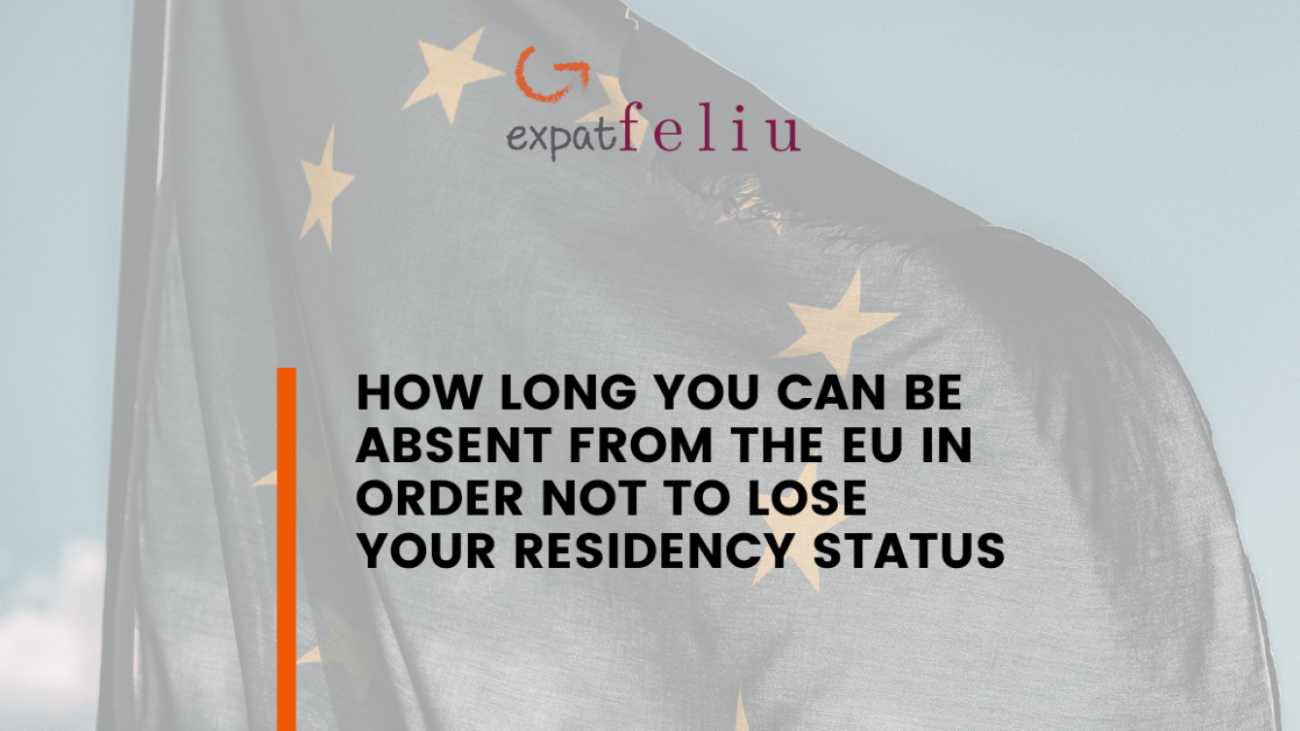How long can a person with a Long Term Residence Authorization be absent from the EU in order not to lose the status?
The Court of Justice of the European Union (CJEU) has answered the question in the Judgment handed down last Thursday, January 20, 2022 on residency status.
As a preliminary point, it should be recalled that, under Article 4.1. of Directive 2003/109, Member States shall grant long-term residence status to third-country nationals who have resided legally and continuously on their territory for the immediately preceding five years. However, the acquisition of this residency status isn’t automatic.
Pursuant to Article 7.1. of that directive, third-country nationals are to submit an application to that effect to the competent authorities of the Member State in which they reside, accompanied by documentary evidence that the applicant satisfies the conditions referred to in Articles 4 and 5 of that directive.
In the present case, it is common ground that, after having acquired long-term residency status and having been issued, in Austria, with a long-term resident’s permit-EU pursuant to Article 8.2. of Directive 2003/109, the applicant in the main proceedings was present in the territory of the Union for only a few days a year in the period from August 2013 to August 2018.
In view of this circumstance, the President of the Government of the Land of Vienna considered that during that period he was to be regarded as «absent» within the meaning of Article 9, section 1, letter C), of the Directive, which entailed the loss of his right to long-term residency status, and consequently refused to renew his residence permit certifying that status.
The Court refers to Article 9.1st.c) of Council Directive 2003/109/EC of 25 November 2003 concerning the status of third-country nationals who are long-term residents, and indicates that it must be interpreted as meaning that any physical presence of a long-term resident in the territory of the European Union within a period of 12 consecutive months, even if such presence in that period lasts no more than a few days, is sufficient to prevent him from losing the right to long-term resident status.
Thus, on the basis of any physical presence of the person concerned in such territory may interrupt such absence, so the Court addresses on the question that it is not possible to require that the person concerned has his habitual residence or center of interests in the territory of the European Union, nor can other requirements be imposed in relation to the duration or nature of such presence.
In the light of the foregoing considerations, the Court of Justice of the European Union considers that Article 9.1st.c) of Directive 2003/109 must be interpreted as meaning that any physical presence of a long-term resident in the territory of the European Union, within a period of 12 consecutive months, even if such presence in that period lasts no more than a few days in total, is sufficient to prevent him from losing his right to long-term residency status.
If you need more information or advice on the subject in question, don’t hesitate to contact us and our team specialized in internationalization will advise you and give you more information about the new regulations affecting the residency status in the European Union.




Add a Comment